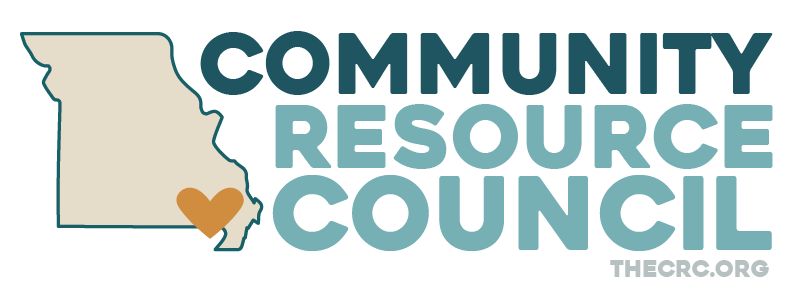Tis’ the season for hearts and kisses, chocolates and flowers, romance and love. Regardless of your feelings towards the quickly approaching Valentine’s Day, this is a time we are reminded of one of our most basic human desires, love. Where does love fit in with drug and alcohol prevention? It is foundational.
We have discussed in past blogs that one of the most foundational protective factors is bonding with family, friends, and caregivers. The protective factor we are going to be addressing today is a key element to build the bonds between parents/ caregivers and children. Today we are going to be talking about recognition of positive behavior. When our children are little we recognize them for their positive behavior all the time. We are constantly asking them to do things, then cheering them on when they behave in a way we want them too. Parents of young children can frequently be heard saying things like: “Yay! You used the potty”, “You put your clothes on all by yourself, you are such a big kid!”, or even “Wow! You did such a great job putting your toys away.” However, as our children get older our expectations change, and as these expectations change the way we speak to our children also starts to change.
We know that bonding and recognition for positive behavior are both protective factors that can decrease the likelihood that our children will use drugs and alcohol. If you were to tell your teenager that you are proud of them for dressing themself, they may look at you as though you have lost your mind. So it is important to note that as our expectations change, so will the things we recognize our children for. When the kids are little we praise them for skills we want them to master such as dressing themselves and potty training. As our children get older, we can still apply this same principle. We should recognize them for any skill they are trying to master. At school we can recognize them for academic skills such as a doing well on a test, getting a good grade in a class, or graduating high school. It is also important that we recognize our children’s contributions as they learn new skills within our home. We could recognize them for helping with the laundry, cooking a meal for the family, being kind to their siblings or helping with the yard work. Another skill that a lot of us may not consider is the skill of developing healthy relationships. We can recognize our children for being a good friend, being kind to others, being compassionate, and even making new friends. The list of things we can recognize our children for could go on and on. I challenge you to find one positive thing you can recognize your child for every day, and just watch. As you begin to recognize your child for positive behavior, you will most likely find that they will begin recognizing others for their positive behavior as well.
Today I hope that you will take this away from this blog. As humans, we thrive in situations where we feel loved and appreciated. As children get older the way we speak to them often changes, but our children and teenagers still need to hear that we are proud of them and that they are doing a good job. This positive recognition of behavior strengthens family bonds, reinforces positive behaviors, and can ultimately decrease the likelihood that your teen will use substances.
